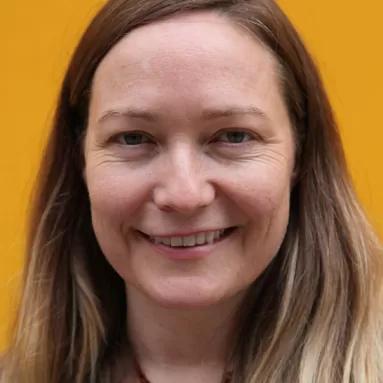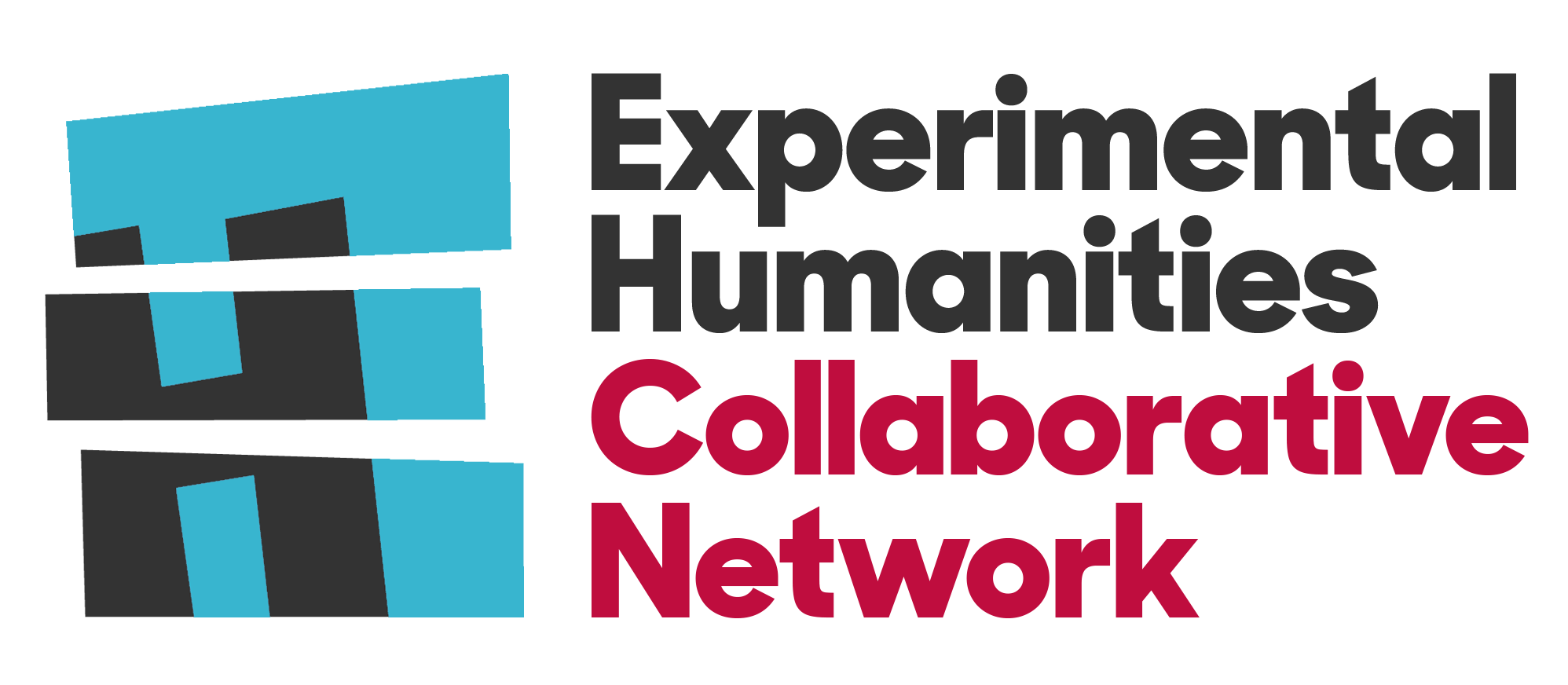Welcome to The Experimental Humanities Collaborative Network
The Cultural Politics of Naming Symposium: Capstone Event
Online Event
The capstone event of the Cultural Politics of Naming Symposium included a showing of the film Decolonize this City with an accompanying Q&A and listening to a podcast on Colonialism, Naming, and Botany, as well as a showcase of student readings and several speakers. The keynote presentation was by poet and literature professor Tsering Wangmo Dhompa.
Recovering Voices, National Museum of Natural History, Smithsonian Institution Gwyneira Isaac is a cultural anthropologist and Curator of North American Ethnology at the National Museum of Natural History (NMNH) at the Smithsonian Institution. Her research investigates the dynamics of and intersections between culturally different knowledge systems. Central to this study is her ethnography of a tribal museum in the Pueblo of Zuni, New Mexico, Mediating Knowledges: Origins of a Museum for the Zuni People (2007), in which she examines the challenges faced by Zunis operating between Zuni and Anglo-American approaches to knowledge. Her explorations into these knowledge intersections (either culturally or disciplinarily distinct), include how technology and media are used within the discipline of anthropology. She looks at the different values attributed to the reproduction of knowledge as explored through museum replicas in ‘Whose Ideas Was This?’ Replicas, Museums and the Reproduction of Knowledge’ (2012), as well as “Perclusive Alliances: Digital 3-D, Museums and the Reconciling of Culturally Diverse Knowledges” (2015). Currently, she is researching the history of face casting in the 19th and 20th century and the intersectional histories these now engage, where descendant communities, physical anthropologists and museums grapple with the legacies of these duplicated bodies. As part of the Recovering Voices program she helps to lead at the NMNH, she is working on exploring the use of collections by Native American communities within their cultural revitalization efforts. As part of this effort, in 2012, she formed the Health and Culture Research Group (HCRG) to bridge Anglo-American and Indigenous approaches to Native American health issues. The project she brings to the EHCN OSUN group, To Be—Named, looks at the cultural politics of naming, especially via the intersections between different disciplinary naming practices, colonizing and decolonizing naming practices, as well as issues around naming and race. The aim of the project is to build bridges between the academy and diverse and Indigenous communities, as well as to find multi-modal methods, media and technologies that will help creatively and ethically assemble, exchange and build understanding around responsibilities towards knowledge diversity.Gwyneira Isaac

Christian Crouch, Bard College Annandale - Land acknowledgement presentation
University of Thessaly Penelope Papailias is Associate Professor of Social Anthropology at the Department of History, Archaeology and Social Anthropology at the University of Thessaly, where she directs the Laboratory of Social Anthropology. If the keywords forming the basis for her first monograph Genres of Recollection: Archival Poetics and Modern Greece (Palgrave Macmillan, 2005) were social memory, historical culture and (paper, analog) archives, as time has passed, those fundamental categories have evolved into the core concepts - death, mourning, network culture and the (digital) database - that drive her current research on how the contemporary public sphere is constituted through forensic claims to truth treating the materiality of the dead body as evidence and the spectral presence of the dead that exposes the corpse’s mediality. Threads weaving their way throughout her thinking and research include: the co-constitution of the technological and the political, mediation as a cultural process, the ethics and responsibilities of witnessing and the structures of power that produce alterity. In addition to a Greek-language volume, entitled Digital Ethnography (2015), Penelope has written numerous articles on affective publics and social grief, visuality and violence, public death and mourning of the precarious Other and necropolitics in the context of critical media events, network culture and database aesthetics. Penelope is particularly interested in exploring the possibilities of digital technologies in pedagogy, research, dissemination, and co-production of scholarship, the transformation of narrative in the age of database, and expanding the agenda of experimental humanities. These impulses for collaboration, conviviality and public-facing academic engagement have found expression, elaboration and inspiration in the Pelion Summer Lab for Cultural Theory and Exoerimental Humanities Lab and the “confestival” Data-Stories. Most recently she is co-founder of the initiative decolonize hellas which aims to re-view the place of Greece in geographies and genealogies of European colonialism.Penelope Papailias

Fotini Gouseti, University of Thessaly - “Technologies of Monumentalization and Forgetting in Kalavryta”
Frances Barranco and Kelly Hofschneider, George Washington University - Podcast on Colonialism, Naming, and Botany
Tsering Wangmo Dhompa - Keynote Presentation and Q&A
Maritina Tselepi, Athens School of Fine Arts; Dimitra Morosou, University of Thessaly; Matloob Naweed, Bard College Annandale; Ira Vengurlekar, Bard College Berlin; Sanam Younasi, American University of Central Asia - student readings

